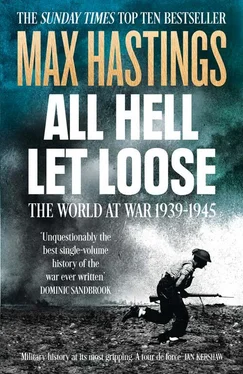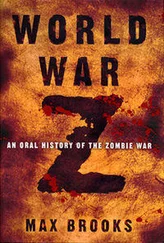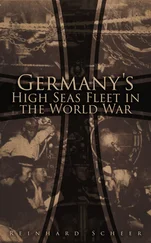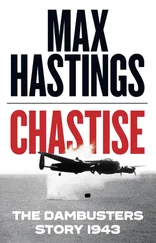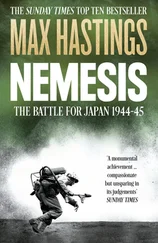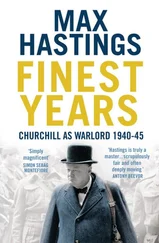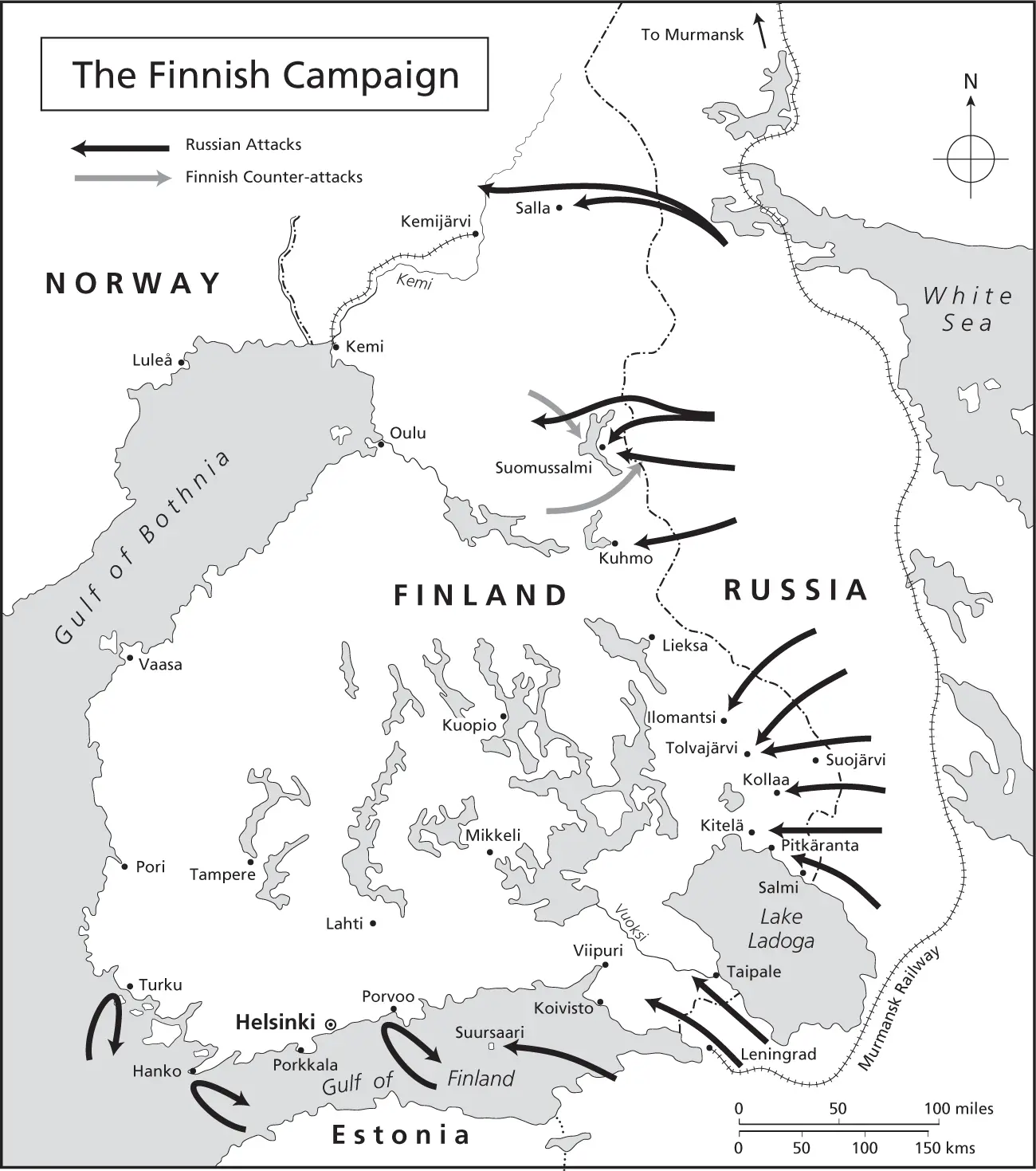
The Finnish Campaign
Around the world, the Soviet assault inspired bewilderment, increased by the fact that the swastika was a Finnish good-luck symbol. Popular sentiment ran strongly in favour of the victims: in fascist Italy, there were pro-Finnish demonstrations. The British and French saw Stalin’s action as further evidence of the Russo-German vulture collaboration manifested in Poland, though in reality Berlin was no party to it. There was a surge of Allied enthusiasm for dispatching military aid to Finland. French general Maxime Weygand wrote to Gamelin urging this course, which in French eyes had the supreme virtue of moving the war away from France: ‘I regard it as essential to break the back of the Soviet Union in Finland…and elsewhere.’ But, while there was intense discussion of possible Anglo-French expeditions to Finland during the months that followed, the practical difficulties seemed overwhelming. If Winston Churchill had then been British prime minister, it is likely that he would have launched operations against the Russians. But the Chamberlain government, in which as First Sea Lord Churchill represented a minority voice for activism, had no stomach for a gratuitous declaration of war on the Soviet Union when the German menace was still unaddressed.
Marshal Mannerheim conducted his campaign to a meticulous personal routine: he was woken at 0700 in his quarters at the Seuranhoe Hotel in Mikkeli, some forty miles behind the front, appeared immaculately dressed for breakfast an hour later, then drove to his headquarters in an abandoned schoolhouse a few hundred yards distant. In the tiny, intimate society of Finland, he insisted upon having casualty lists read aloud to him, name by name. During the first weeks of war, knowing the limitations of his army, he resolutely resisted subordinates’ pleas to advance and exploit their successes, but on 23 December a Finnish counter-attack was indeed launched across the Karelian isthmus. Infantry charged forward crying ‘Hakkaa paale!’ – ‘Cut them down!’; lacking artillery and air support, they were repulsed with heavy losses.
The Finnish government never deluded itself that the nation could inflict absolute defeat on the Russians: it aspired only to make the price of fulfilling Stalin’s ambitions unacceptably high. This strategy was doomed, however, against an enemy indifferent to human sacrifice. Stalin’s response to the setbacks, indeed humiliations, of the December offensive was to replace failed senior officers – one divisional commander was shot and another spent the rest of the war in the gulag – and to commit massive reinforcements. Ice roads capable of bearing tanks were built by laying logs on trampled snow, then spraying them with water which was allowed to freeze. The Finns had started the war with three weeks’ supply of artillery ammunition, and fuel and small-arms ammunition for sixty days; by January, these stocks were almost exhausted.
The world greeted Finland’s initial successes with awe: Mannerheim became a popular hero in western Europe, and French prime minister Edouard Daladier promised the Finns reinforcements of a hundred aircraft and 50,000 men before the end of February, but never lifted a finger to make good on his pledge. The writer Arthur Koestler, in Paris, wrote contemptuously that French excitement about Finnish victories recalled ‘a voyeur who gets his thrills and satisfaction out of watching other people’s virile exploits, which he is unable to imitate’. In Britain the left, represented by its weekly organ Tribune, at first offered reflexive support to Moscow’s cause, then abruptly switched allegiance to back the Finns.
Churchill regarded Soviet action as direct kin to Nazi aggression. Britain’s First Sea Lord exulted in Stalin’s failure, declaring in a broadcast on 20 January: ‘Finland, superb – nay sublime – in the jaws of peril, Finland shows what free men can do. The service rendered by Finland to mankind is magnificent. They have exposed, for all the world to see, the military incapacity of the Red Army and of the Red Air Force. Many illusions about Soviet Russia have been dispelled in these few fierce weeks of fighting in the Arctic Circle. Everyone can see how communism rots the soul of a Nation; how it makes it abject and hungry in peace, and proves it base and abominable in war.’
The Finns were heartened by such rhetoric. British Tory MP Harold Macmillan, who visited Finland, reported a Helsinki woman ticket-collector saying to him: ‘The women of Finland will fight on, because they believe that you are coming to help them.’ Eight thousand Swedes, eight hundred Norwegians and Danes, together with a few American and British civilians, volunteered to take up arms; some reached the war zone, but none served to any effect. Britain had few enough weapons for its own armed forces, and had nothing significant to spare for a nation which might be struggling gallantly, but was not fighting the power against which it was itself making war. Thirty Gloster Gladiator biplane fighters were dispatched, of which eighteen were lost in action within ten days; the Finns were obliged to pay cash for the aircraft, a foretaste of neutral American policy towards Britain.
There was no doubt of the strength of British popular sentiment in Finland’s favour, but next to nothing was done to translate this into action, save to prepare an expedition to Narvik, neutral Norway’s northern ice-free port. The Allies were attracted by the notion of exploiting the pretext of aiding the Finns to land in Norway and sever Germany’s winter link to Sweden’s iron-ore mines. The cynicism that had characterised Allied policy during the Polish campaign thus reasserted itself. In the early months of 1940 London and Paris urged the Finns to keep fighting, because if they quit there would be no excuse for intervention in Norway. A wild French proposal to land an expeditionary force at Petsamo on the north coast was vetoed by the British, who still declined to clash headlong with the Russians.
In mid-January, a new wave of assaults on Finland began. In one position 4,000 Russians attacked thirty-two Finns; they lost four hundred men, but only four defenders survived. On 1 February, the invaders launched a massive bombardment of the Mannerheim Line, followed by infantry and armoured drives in overwhelming strength. The Finnish artillery, such as it was, had almost exhausted its ammunition, but for two weeks the defenders held their positions. An officer, Wolf Haslsti, wrote on 15 February: ‘In the early afternoon, there appeared in front of our tent a reserve ensign, really nothing more than a child, asking if we could spare some food for himself and his men…he was in charge of a platoon of “men” scarcely old enough to shave. They were cold and scared and hungry and on their way to join the troops at the roadblock in front of Lahde.’ Next day Haslsti added: ‘Same reserve ensign back again, blood on his clothes, asking for more food…he lost both guns and half his men when the Russians broke through.’ Finnish sufferings were matched by those of their foes, especially those trapped for weeks in encircled positions. A Russian soldier wrote on 2 February: ‘It’s particularly cold this morning, nearly minus 35C. I was unable to sleep due to the cold. Our artillery has been firing through the night. After I woke I went for a shit, but at that moment the Finns opened fire, one bullet hitting the ground between my legs. I hadn’t had a shit since January 25th.’
The one-sided struggle could not continue indefinitely. The Finnish government made a last vain plea for Swedish help. The British and French offered token contingents of troops, which embarked on transports but had not yet sailed when on 12 March a Finnish delegation signed an armistice in Moscow. Minutes before this took effect, the Soviets launched a last vengeful bombardment of their vanquished victim’s positions. A Finnish officer wrote to his family: ‘One thing is clear: we have not fled. We were prepared to fight to the last man. We carry our heads high because we have fought with all our might for three and a half months.’
Читать дальше
